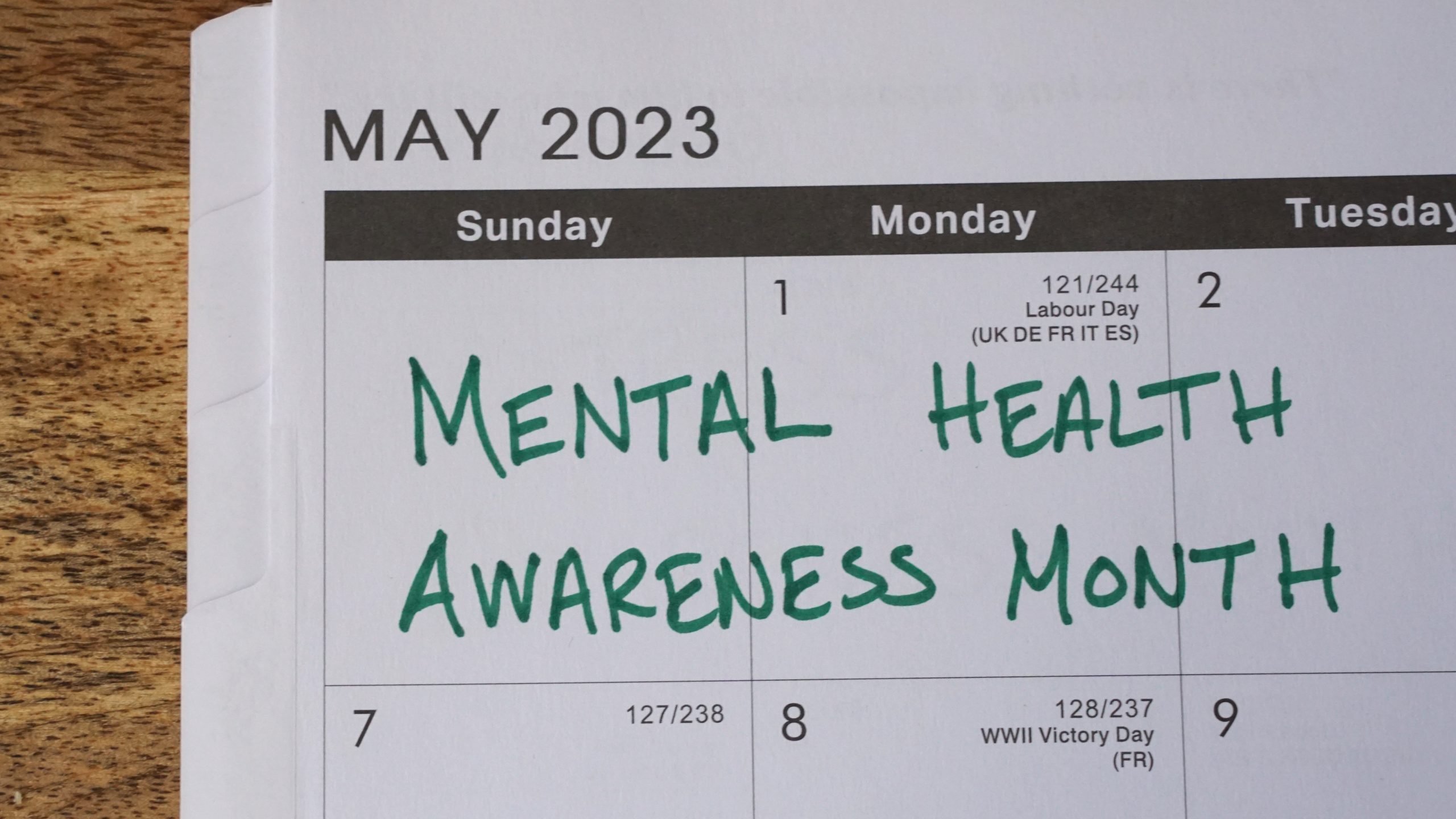Do you feel guilty for saying no?
Often those who feel this guilt fear rejection, disapproval, blame or criticism. They may feel a lack of recognition. These fears are irrational beliefs and often become worse while under stress. These feelings don’t need to be your normal.
People-pleasers are fearful of saying “no” due to a perceived fear of rejection. Often people-pleasers feel personally responsible for how others feel and often apologize for things that are not their fault. Tasks may feel burdensome and uncomfortable to people-pleasers.
People-pleasing is often a symptom of not having self-worth. By saying “yes” to everything, people-pleasers attempt to gain acceptance and approval. In some cases, people-pleasing can be a sign of abuse. For this individual, agreeing to do everything asked of them means that they will be treated better by their abuser. Eventually this becomes habit and spreads to other non-abusive relationships.
Here are signs that you or a loved one may be a people-pleaser:
1. Pretending to Agree with Everyone
It’s polite to listen to other’s opinions, but people-pleasers may pretend to agree when they actually disagree. The fear of being disliked may cause a people-pleaser to participate in actions that go against their personal values.
2. Feeling Responsible for How Others Feel
Our behavior influences others, but people-pleasers often believe they have a responsibility to make others happy.
3. Apologizing Frequently
People-pleasers may excessively apologize out of the irrational fear that other people are always blaming them.
4. Feeling Burdened by Schedule or Activities
People-pleasers have a tendency to fill their schedule with activities they believe others want them to do versus choosing how to spend their time.
5. Inability to Say No
People-pleasers struggle to speak up for themselves. Even if they say yes, they might not follow through or make fake being sick to get out of commitments.
6. Uncomfortable with Others Being Angry
Even if the person did nothing wrong, people-pleasers dislike others being angry with them.
7. Behave Like Those Around Them
People-pleasers want everyone to be comfortable in every social situation. To do so, they may engage in self-destructive behavior such as eating past satiety to please another person.
8. Require Praise
People-pleasers thrive on validation and typically only feel good about themselves when given compliments.
9. Avoid Conflict at All Costs
People-pleasers not only avoid conflict, they may avoid standing up for their personal beliefs in order to further avoid confrontation.
10. Won’t Admit to Hurt Feelings
If the person is hurt by another, they often won’t let them know their feelings were hurt. This can lead do superficial relationships since the people-pleaser won’t speak up for themselves.
While it can be a positive thing to be agreeable sometimes, such as with your boss, consistently being subservient can backfire on a people-pleaser. By trying to be all things to all people, people-pleasers limit their potential and often suffer from burnout and low self-esteem.
Breaking the habit can begin with saying “no” to something small, or expressing an opinion about a trivial matter. By standing up for personal beliefs, people-pleasers will gain more confidence in themselves and their own innate abilities.
Self-love, self-appreciation, and self-dependence are personal goals that people-pleasers can strive towards. If you recognize people-pleasing tendencies in yourself, there are several affirmations you can use to combat unfounded fears that lead to these tendencies.
- I don’t need everyone’s approval
- I can depend on myself to meet my needs
- I can say “no”
- I acknowledge my own talents and abilities
People-pleasers can begin to take small steps by voicing their own opinions about something they strongly believe in. Continuing to say the affirmations will help to cultivate a new mindset and create new habits. It’s not easy to break what is often a life-long habit. People-pleasers can work to shift their perspectives and make changes. If you or a loved one is struggling to break these habits, seek help. A mental health professional can help build mental strength and give guidance to create a more positive mindset.
Contact Beverly Hills Therapy Group for more info or to set an appointment for counseling.





